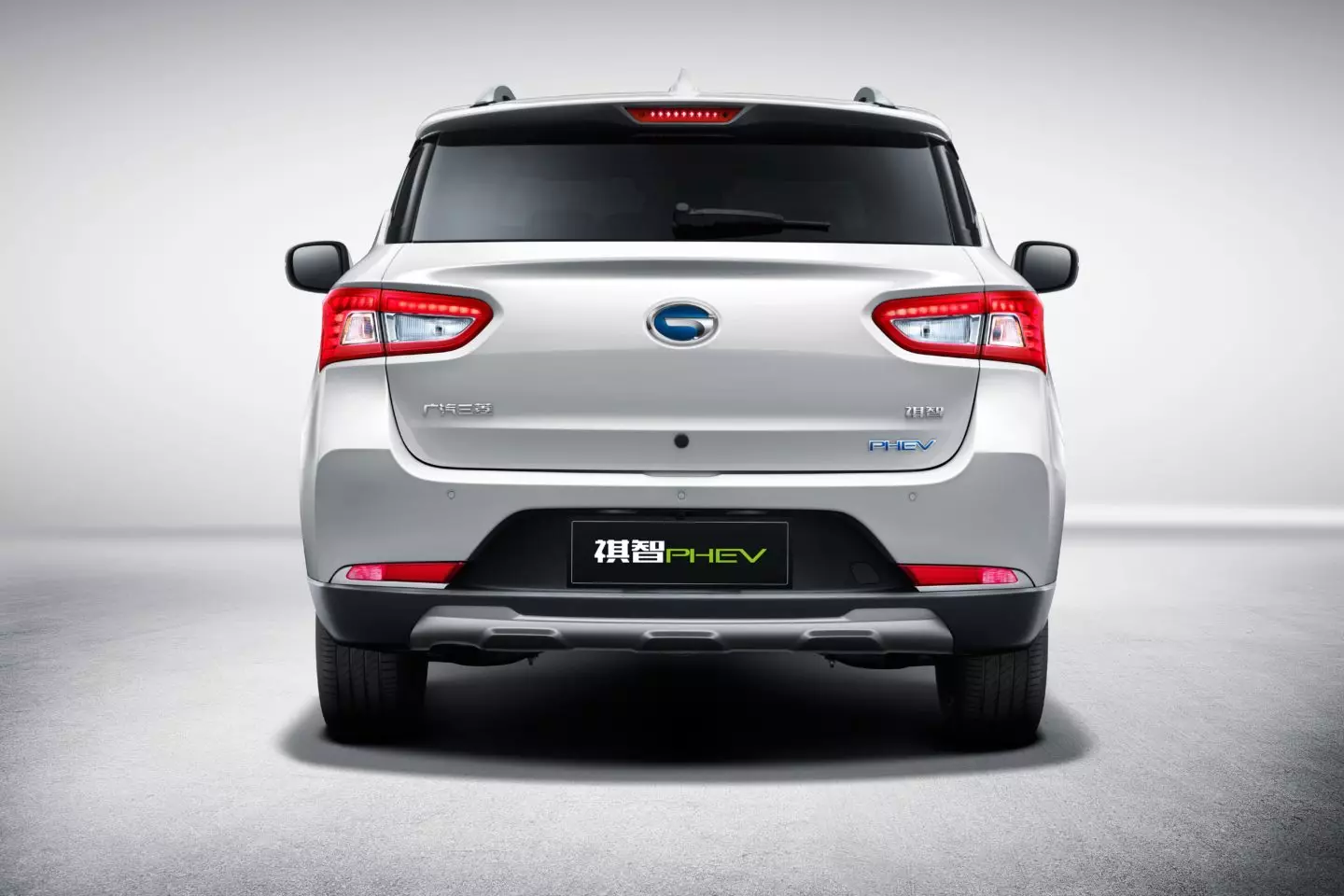What if we tell you that in China, Toyota, Honda, Fiat-Chrysler and Mitsubishi are going to sell the exact same car, and that none of them designed it? Weird is not it? Better yet, what if we tell you that instead of the symbol of one of the four brands appearing on the grid, there will always be the symbol of the Chinese brand GAC? Confused? We clarify.
The reason these four brands will all sell the same car without making a single change to it is quite simple: the new Chinese anti-pollution laws.
Under new Chinese standards starting in January 2019, brands have to achieve a certain score for so-called new energy vehicles related to the production and marketing of zero-emission or reduced-emission models. If they do not reach the required score, brands will be forced to buy credits, or will be penalized.
None of the four targeted brands wants to be penalized, but as none would have a car ready in time, they decided to resort to the famous joint ventures. Interestingly, they all have a partnership with the GAC (Guangzhou Automobile Group).

Same model, different variants
GAC markets under the Trumpchi symbol, the GS4, a crossover available in a plug-in hybrid (GS4 PHEV) and electrical (GE3) variant. The strangest thing about this partnership is that the versions of this model sold by Toyota, FCA, Honda and Mitsubishi will keep the GAC logo at the front, with the identification of the respective brands only at the rear.
Subscribe to our newsletter here
It is the availability of the various variants that makes the crossover so appealing to the various brands. Thus, and according to Automotive News Europe, Toyota only plans to sell the 100% electric version of the model. Mitsubishi will offer the electric version and also the plug-in hybrid, and both Fiat-Chrysler and Honda only intend to sell the hybrid versions.
It is, in effect, a maneuver of “defeasance”, while the brands' own products do not reach the market. Although some of them already have electrified vehicles in their ranges they are not produced locally. This means an import tariff of 25%, nullifying any possibility of selling in the numbers necessary to comply with regulations.
